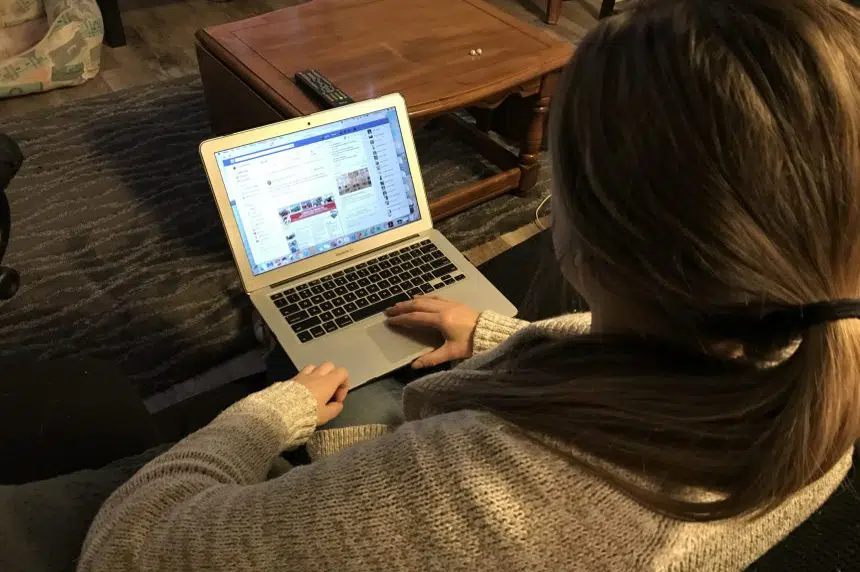As Mark Zuckerberg, CEO of Facebook apologized for a major data leak on Thursday — many wonder if it could happen to them.
Dr. Alec Couros, professor of educational technology and media at the University of Regina, said obtaining data from customers online has been around for quite some time. However, he said in the first decade of the 2000’s is when consumers noticed a more targeted approach.
For example, he said if a person were to start researching a cooking recipe or clicking ads catered to recipes, chances are ads around cooking utensils or a slow cooker might pop up on Facebook.
“In some ways it’s good, you get products that you like but at the same time you have to understand how that’s all working and how your data is actually getting used against you,” Couros said.
“It can be very useful for businesses when they’re trying to put ad dollars into the most specific ad marketing that a person can possible … but there’s great potential for this being used in very unethical ways that wouldn’t pass an ethics test in many ways.”
Couros said people have to be cautious when agreeing to their data to be used. He said it’s quite common for a person to keep clicking ‘yes’ or ‘accept’ when taking an online quiz through Facebook — like the personality test that leaked millions of users data to sway political votes in the U.S.
“You have to understand ultimately that whenever you take a personality test — these aren’t free tests — they’re an exchange for something and that’s usually your data,” he said. “Usually when you click on one of these things, the first screen comes up and explains that this app can access this and that, there’s usually not an option to check off things (you don’t want shared) but when you do these tests you’re not only giving your data but data from everyone you’re connected to.”
He said, for the most part, what the data companies collect are for online marketing purposes. However, he said when it becomes used for a certain political agenda is when it becomes a scary situation.
“Basically when you can exploit human behavior, human psychology that’s getting to the point where this is just unethical and this happens more often than we think.”
As for how a person can protect themselves from having their personal data used, Couros said it comes down to reading the fine print and making sure a person knows what they’re about to give up.
“When you click on that button, just pay attention to what you’re actually giving up. When it does ask for all of the user data of everyone you’re connected to (ask yourself) do you feel good about giving away all of your friend’s personality traits? Do you feel like they would want you to do that? I think that’s really important idea — really pay attention to what you’re giving up, read the fine print and you know if you’re unsure or uncomfortable with it — just don’t do it.”











